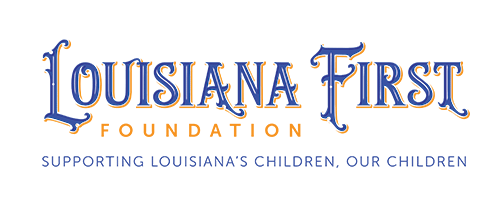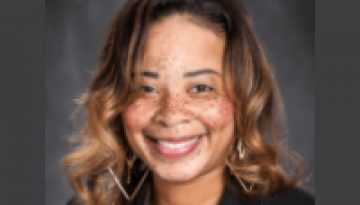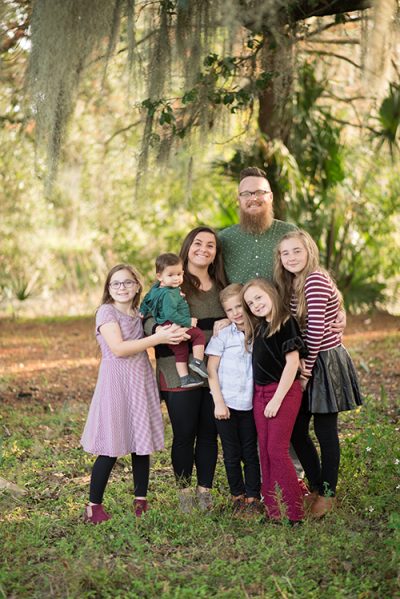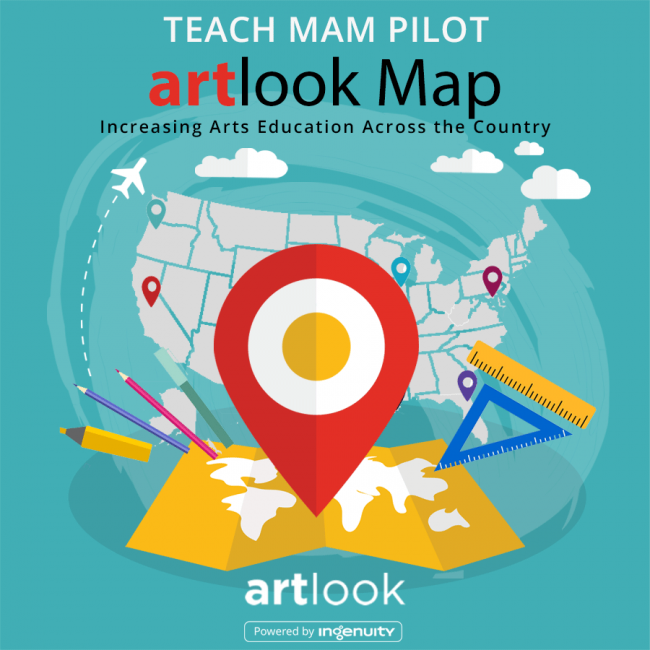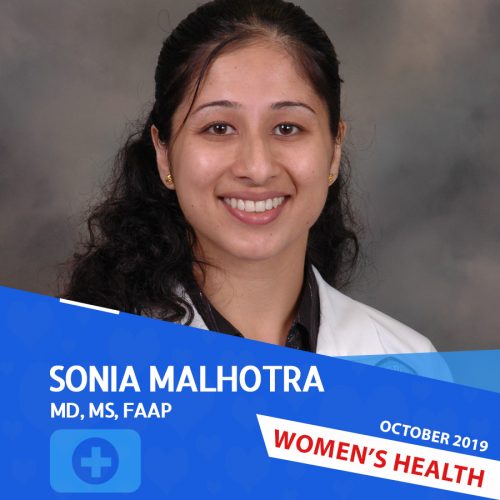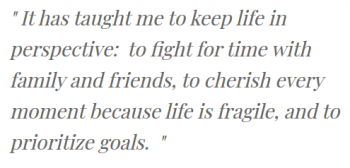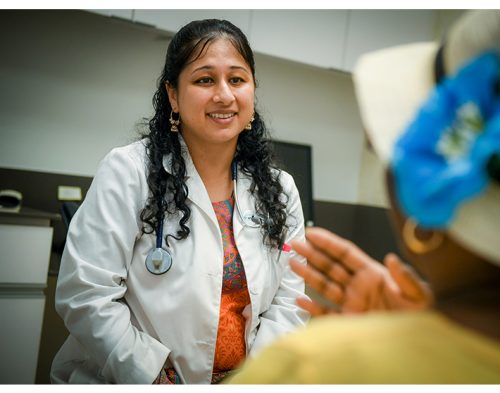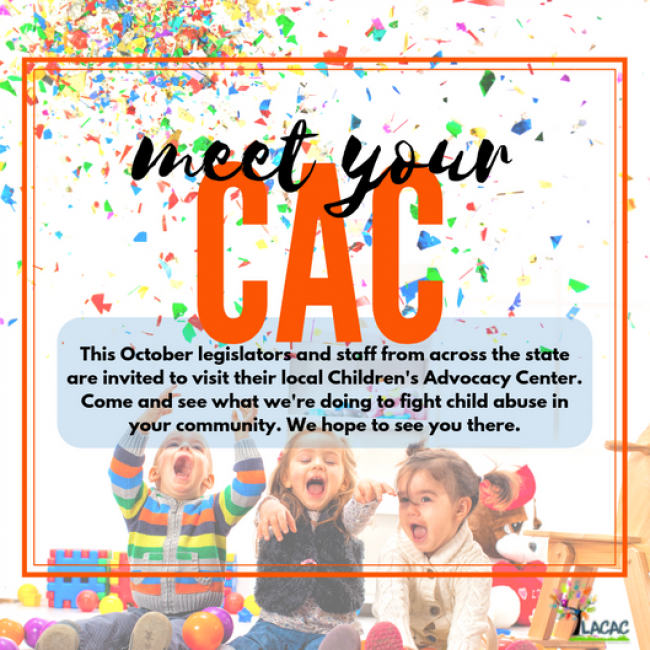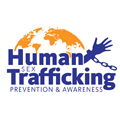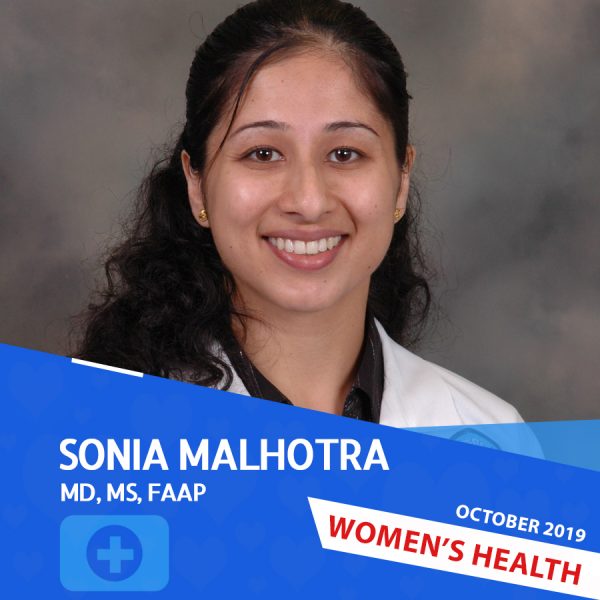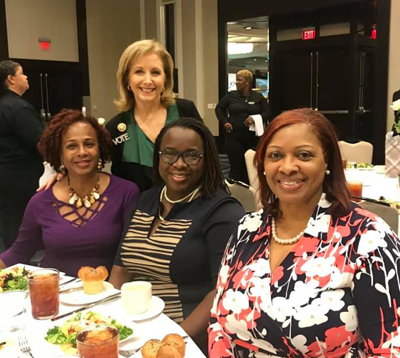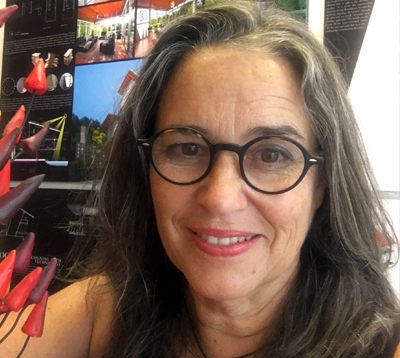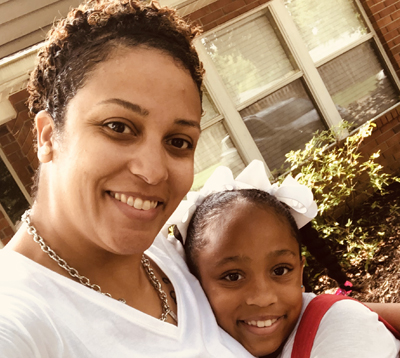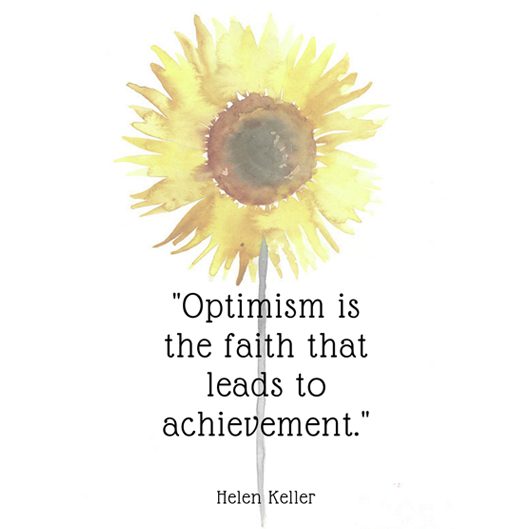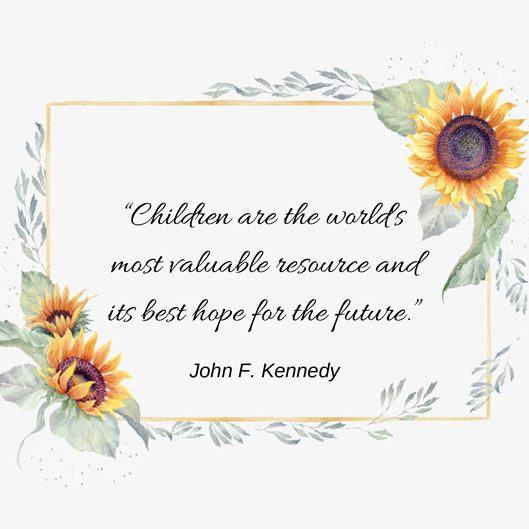2019 Louisiana Statewide Human Trafficking Summit
ANTI-HUMAN TRAFFICKING
2019 Louisiana Statewide
Human Trafficking Summit
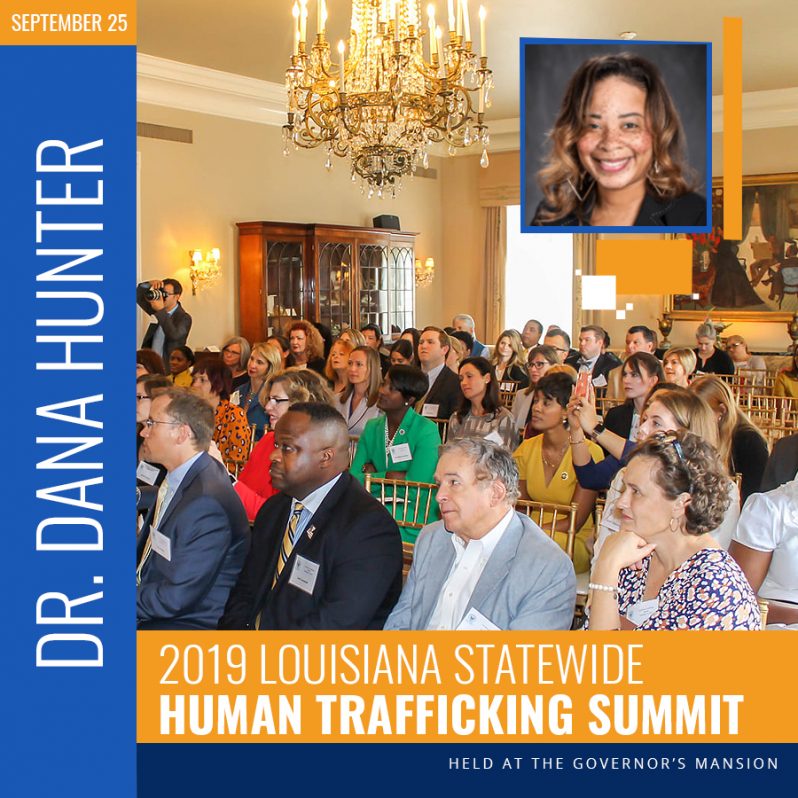
2019 Louisiana Statewide Human Trafficking Summit
By Dr. Dana Hunter
One of the major focuses of the Louisiana First Foundation includes preventing and raising awareness about the prevalence of human trafficking in our state, highlighting the success we’re having in identifying more cases, punishing the perpetrators and helping survivors rebuild their lives. On September 25, the first statewide Anti-Human Trafficking Summit was held at the Governor’s Mansion. Here, we brought key stakeholders together to share their current strategies, efforts, and best practices to end this crime in Louisiana.
When we think about what young children, teens, and women are encountering at the hands of violent and heartless exploiters, it is clear that Governor John Bel Edwards and our First Lady, Donna Edwards, are motivated to do all they can to address this terrible problem. Human sex and labor trafficking are issues that impact all of our communities- big and small – right here in Louisiana.
Over 130 participants of various disciplines from every region of the State attended the summit. There were Judges, District Attorneys, legal experts, Sheriff’s, law enforcement officers, detectives and investigators from the FBI and local Sheriff’s offices, directors of child serving agencies, directors of residential facilities for human trafficking victims, and event survivors in attendance.
The morning segment consisted of mini-presentations from experts in the field that shared best practices around 1) how to identify victims, 2) the process of referring victims for services and medical treatment after being rescued, 3) and explaining the legal process for victims.
The afternoon segment allowed participants to meet in groups to discuss the strengths, gaps, and recommendations for improvement in the key categories. Strengths discussed included the fact that Louisiana has tough laws on the books to prosecute criminals and that Louisiana is doing better in collaborating and working together to put an end to human trafficking in our state.
A few recommendations that emerged included the need for more trauma-informed cognitive behavioral therapists, the need for additional training and education for professionals, and to revise laws to create a shorter timeframe for litigating a human trafficking case.
Victims of human trafficking are often arrested and charged with prostitution, which is the last thing that should happen. One recommendation we have been working diligently to establish is a “Safe Room” in all hospitals across our state, for victims to be brought to instead of being taken to jail cells. There is a shortage of facilities for these victims to go once they are identified, but detention centers and jails are not the place for them. They are not criminals, they are victims. Look for great progress on this issue in 2020!
The energy in the room was confirmation that as a state we’re making great strides and that groups and agencies are willing to work together to address this horrible issue. While we can truly say that we are making progress, we know that there is so much more work to do. The good news is that there isn’t anything we can’t accomplish by working together. What we’re realizing more and more is that it takes teamwork to make things happen…and that is already happening here in the State of Louisiana.
Dr. Hunter currently serves as Executive Director of the Louisiana Children’s Cabinet. As a specialist in program development, program implementation, and program administration on a state and local level, Dr. Hunter has acquired nearly 13 years of experience working with and on behalf of vulnerable children and youth populations. These experiences include statewide supervision of policies and programs, research and evaluation of community-based programs, engaging in quantitative and qualitative research methods designs, securing external funding through grant writing and management, and more. Her professional interests include Child welfare policies and practices, juvenile delinquency prevention, poverty reduction programs/policies; primary and behavioral healthcare integration models, development and implementation of research and evaluation activities.
